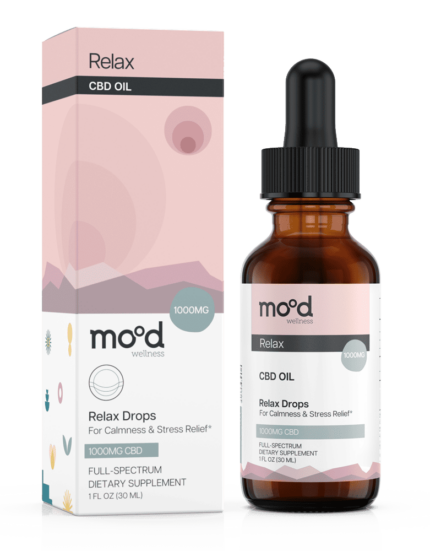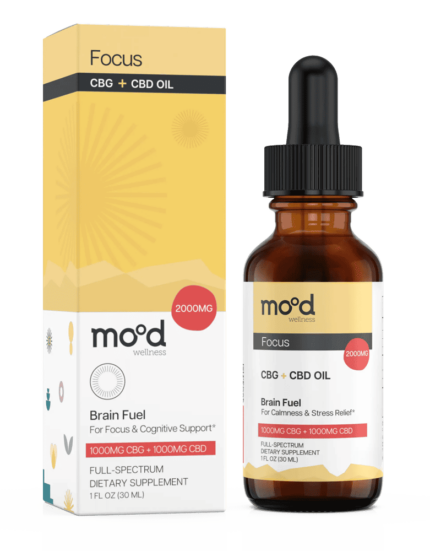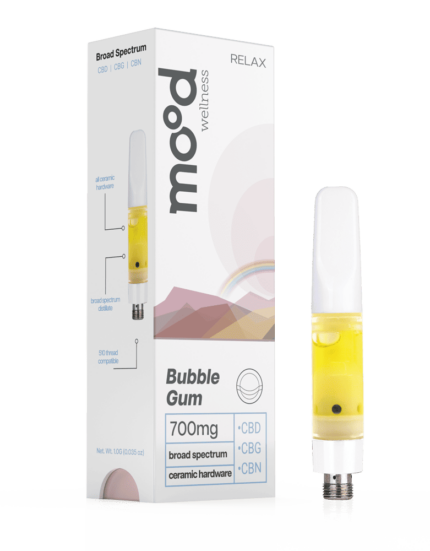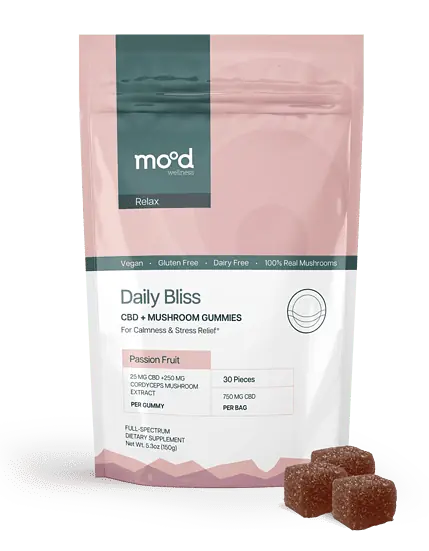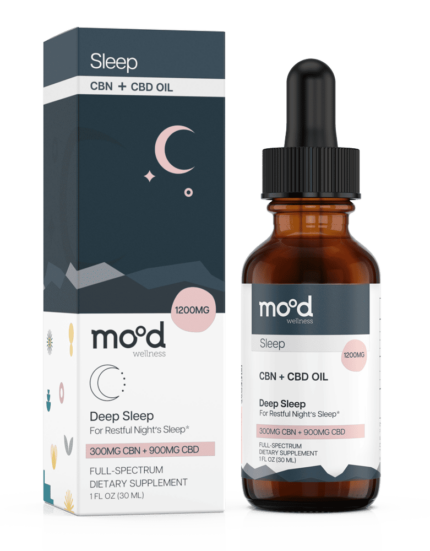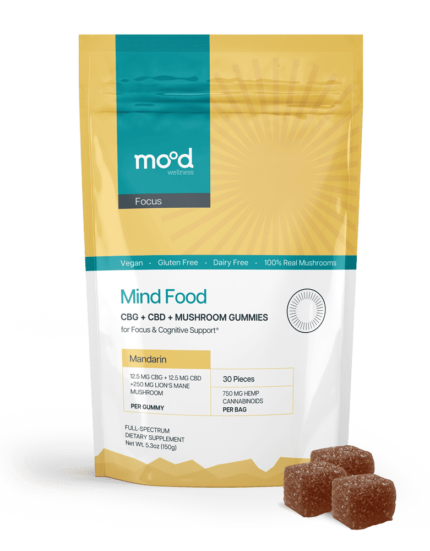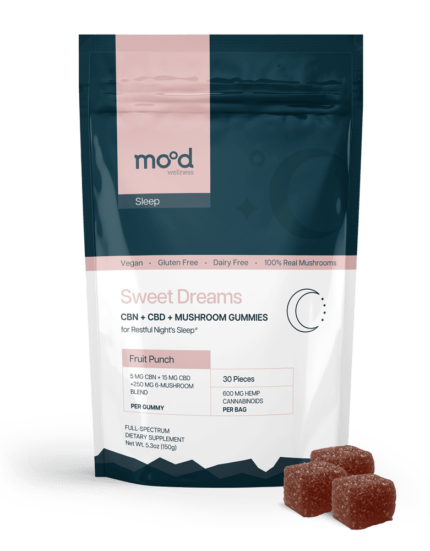In this article, we’ll explore the fascinating world of Reishi mushrooms, delving into their historical significance, health benefits, cultivation methods, and more. You’ll learn why these mushrooms are revered in traditional medicine and how they can be part of a modern, healthy lifestyle.
What is Reishi Mushroom?
Reishi mushrooms, scientifically known as Ganoderma lucidum, are a type of fungi predominantly found in the humid and temperate regions of Asia, including China, Japan, and Korea.
These mushrooms are characterized by their glossy, reddish-brown cap, woody texture, and distinct bitter taste. The cap is often kidney-shaped and grows to about 8 inches in diameter.
The mushroom has been a staple in Eastern medicine for over 2,000 years, revered for its purported healing properties.
The name “Reishi” is of Japanese origin, derived from the word “Rei,” which means “spiritual” or “divine,” and “Shi,” meaning “mushroom.”
This name aptly describes the reverence with which these mushrooms are held in traditional practices 🧘♂️.
Reishi mushrooms grow on decaying hardwood trees, such as oaks and maples, and are often found in densely wooded mountain areas.
They can also be cultivated commercially on substrates made from grains, wood, or sawdust.
Here’s a summary of the key characteristics of Reishi mushrooms:
- Appearance: Glossy, reddish-brown cap with a woody texture, often kidney-shaped, and can grow up to 8 inches in diameter.
- Habitat: Predominantly found in humid and temperate regions of Asia, growing on decaying hardwood trees like oaks and maples.
- Cultural Significance: A revered symbol in Eastern medicine, known for its spiritual connotations and believed to have various healing properties.
The rich history, unique appearance, and cultural significance of Reishi mushrooms make them a fascinating subject of study and an essential part of traditional medicinal practices.
Historical Significance
In ancient China, Reishi mushrooms were more than just a medicinal herb; they were a symbol of divinity, power, and well-being.
Their high value led to their exclusive reservation for royalty, reflecting their esteemed status in society.
Emperors and nobles consumed Reishi tea with the belief that it would grant them not only physical wellness but spiritual enlightenment, eternal youth, and wisdom.
The cultural significance of Reishi mushrooms extended beyond the royal courts. Ancient texts, artworks, and traditional folklore often depicted these mushrooms as symbols of prosperity and good fortune.
They were considered sacred and were often given as cherished gifts during special occasions, such as weddings or festivals.
The reverence for Reishi mushrooms in historical contexts illustrates the deep-rooted belief in their healing properties and their integral role in shaping cultural traditions and practices 🎁.
The Potential Benefits Of Reishi Mushrooms
Reishi mushrooms are packed with compounds that have been studied for their potential health benefits:
Immune System Support
One of the most well-known benefits of Reishi is its ability to boost the immune system. It contains beta-glucans, which are known to stimulate the activity of white blood cells. This can help in the fight against infections and illnesses 🦠.
Stress Reduction
Reishi mushrooms are adaptogens, meaning they help the body adapt to stress, both physical and mental. They can help balance the body’s hormonal levels, leading to an improved mental state and reduced feelings of stress and tension 😌.
Improves Sleep Quality
Reishi mushrooms have been traditionally used to promote relaxation and improve sleep patterns. The calming effects of Reishi may help in treating insomnia and other sleep-related disorders, leading to a more restful and rejuvenating sleep 😴.
Liver Protection
The liver is a vital organ responsible for detoxifying the body. Reishi mushrooms contain triterpenoids, which have been shown to aid in liver regeneration and protection against liver damage 🧪.
Anti-inflammatory Properties
Chronic inflammation is the root cause of many diseases. Reishi mushrooms may help reduce inflammation due to their high content of antioxidants and anti-inflammatory compounds. This makes them beneficial for conditions like arthritis and even more severe inflammatory conditions like inflammatory bowel disease 🩺.
Antioxidant Properties
Free radicals in the body can lead to oxidative stress, which is linked to chronic diseases and aging. Reishi mushrooms are rich in antioxidants, which help in fighting these free radicals, thereby reducing the risk of chronic diseases and slowing down the aging process 🌱.
Supports Heart Health
Cardiovascular diseases are among the leading causes of death worldwide. Regular consumption of Reishi mushrooms can help in reducing blood pressure, cholesterol levels, and even prevent the formation of blood clots, all of which are risk factors for heart diseases ❤️.
Mental Health Boost
Beyond physical health, Reishi mushrooms have been studied for their potential benefits on mental health. Some studies suggest that they can aid in the reduction of anxiety and depression symptoms, improve sleep quality, and even enhance cognitive functions 🧠.

The Active Compounds in Reishi Mushrooms
Compound | Potential Benefit |
Triterpenoids | Anti-inflammatory, liver protection |
Polysaccharides | Immune system support |
Peptidoglycans | Antiviral, immune system support |
Ganoderic acids | Antioxidant, anti-allergic |
Cultivation and Harvesting of Reishi Mushroom
Reishi mushrooms have been cultivated for thousands of years, and the methods have evolved from traditional practices to modern techniques. Traditional cultivation often involved growing Reishi on wooden logs in natural environments, while modern cultivation leverages controlled environments and scientific precision.
Here’s an overview of the modern cultivation process:
- Substrate Preparation: Utilizing a mixture of wood, rice, and sawdust to replicate Reishi’s natural habitat; sterilization ensures the elimination of competing organisms.
- Inoculation: The sterilized substrate is inoculated with Reishi spawn containing the mycelium, the vegetative part of the fungus.
- Controlled Environment: Growth occurs in a regulated environment with specific temperature (75-80°F), humidity, and indirect light conditions, simulating the natural forest habitat.
- Growth Cycle: Over several months, the mycelium consumes the substrate, leading to the emergence of the fruiting body.
- Fruiting Stage: The mature mushrooms with glossy, reddish-brown caps are harvested before spore release.
- Harvesting and Processing: The harvested mushrooms are dried and processed into various forms, such as powder, teas, or soups.
- Result: This modern, labor-intensive process results in a potent superfood, rich in medicinal compounds, and symbolizes the fusion of ancient wisdom with contemporary wellness practices 🌳 4.
Uses and Consumption Methods
Reishi mushrooms have been consumed in various forms over the centuries:
- Teas and Soups: Traditionally, Reishi was often boiled and consumed as a tea or added to soups. The boiling process extracts the beneficial compounds from the mushroom, making them more bioavailable 🍵.
- Supplements: With modern advancements, Reishi supplements in capsule or tablet form have become popular. They provide a concentrated dose of the mushroom’s benefits and are easy to consume 💊.
- Tinctures: Liquid extracts of Reishi, known as tinctures, can be consumed for quick absorption. They are often used for therapeutic purposes 🧪.
- Powders: Reishi powders can be added to smoothies, juices, or other beverages. They are versatile and can be easily incorporated into daily meals 🥤.
- Gummies: Some brands offer Reishi gummies, often combined with other beneficial ingredients. They are a fun and tasty way to consume the mushroom 🍬.
Potential Side Effects and Precautions
While Reishi mushrooms are generally considered safe and beneficial, it’s essential to be aware of potential side effects and take necessary precautions. Individual reactions may vary, and some people might experience adverse effects.
Here’s a detailed look at the potential side effects and precautions:
- Digestive Upset: Some individuals might experience digestive issues such as bloating, diarrhea, or stomach cramps. It’s usually mild and can be managed by adjusting the dosage.
- Dizziness or Headaches: In rare cases, consumption of Reishi mushrooms might lead to dizziness or headaches. If these symptoms persist, it’s advisable to discontinue use and consult a healthcare professional.
- Skin Rashes: Allergic reactions to Reishi mushrooms might manifest as skin rashes or itchiness. If you notice any skin changes, it’s best to stop consumption and seek medical advice.
- Blood Thinning Effect: Reishi mushrooms might have a blood-thinning effect, which could interfere with blood clotting. Individuals on blood-thinning medications or with bleeding disorders should exercise caution and consult with a healthcare provider before consuming Reishi products.
- Pregnant or Nursing Mothers: There is limited research on the effects of Reishi mushrooms during pregnancy or breastfeeding. Pregnant or nursing mothers should avoid Reishi supplements or consult with a healthcare provider to ensure safety.
- Interactions with Other Medications: Reishi mushrooms might interact with certain medications, such as immunosuppressants or chemotherapy drugs. If you are on any medications, it’s essential to discuss with your healthcare provider before incorporating Reishi into your routine 💉.
In conclusion, while Reishi mushrooms offer numerous health benefits, it’s always recommended to start with a small dose and consult with a healthcare professional to ensure that it’s suitable for your individual needs and medical conditions. Being informed and cautious can help you enjoy the benefits of Reishi mushrooms without any unwanted side effects ⚠️.
The Future of Reishi in Modern Medicine
With the increasing interest in natural remedies and holistic health, Reishi mushrooms are gaining traction in modern medicine.
Researchers are continuously exploring their potential in treating various ailments, from chronic diseases to mental health disorders.
The future looks promising for this ancient mushroom, with potential applications in pharmaceuticals, dietary supplements, and even skincare products. Clinical trials and ongoing research are paving the way for Reishi to become a mainstream therapeutic agent.
Conclusion
Reishi mushrooms, known as the “Mushroom of Immortality,” have a multifaceted appeal that spans across centuries. Here’s a summary of what makes them remarkable:
- Historical Legacy: Revered in ancient practices, Reishi mushrooms have been symbols of well-being and spirituality, reflecting a rich cultural heritage.
- Health Benefits: From immune system support to mental well-being, the diverse health benefits of Reishi mushrooms are backed by both traditional wisdom and modern research.
- Modern Applications: With growing interest in natural remedies, Reishi mushrooms are finding their place in modern medicine, dietary supplements, and even skincare products.
- Safe Consumption: Understanding potential side effects, consulting with healthcare professionals, and choosing quality products are essential for safely incorporating Reishi into daily life.
- A Holistic Approach: Reishi mushrooms offer a holistic approach to health and wellness, connecting us to ancient wisdom and the potential of nature’s offerings.
In the end, the story of Reishi mushrooms is a blend of history, science, and spirituality.
It’s a journey that enhances our present and offers promising prospects for the future. Embracing Reishi mushrooms can be a pathway to a more balanced, healthy, and harmonious life 🌟.
